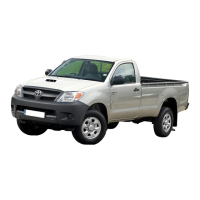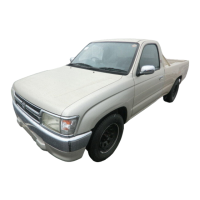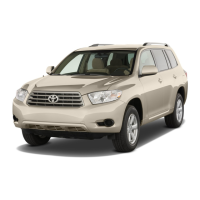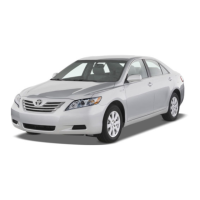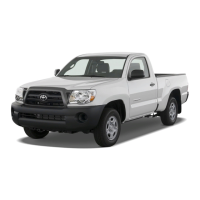Precautions for turning off an
engine with turbocharger
(diesel engine)
After
high-speed
or
extended
driving, etc.,
requiring a
heavy
engine
load, the engine
should be
allowed
to
idle, as shown in the
chart, before
turning
it off.
Driving condition and required idling
time
Normal
city
driving
Idling
time-Not
necessary
High-speed
driving
About
80 km/h (50 mph)
Idling
time-About
20
seconds
About
100 km/h (62 mph)
Idling
time-About
1 minute
Steep
mountain
slopes
or
continued
driving above 100 km/h (62 mph)
Idling
time-About
2
minutes
NOTICE
Do
not
turn the
engine
off
immediate-
ly
after
a
heavy
load
has
been
placed
on the engine in
order
to
prevent
en-
gine
damage.
182
Pre-trip
safety check
It is a good
idea
to
do a
safety
check
before
starting
out
on a trip. A few min-
utes
of
checking
can help ensure safe and
pleasant
driving.
Just
a basic
familiarity
with
your
vehicle
is required and a careful
eye! Or,
if
you
would
like, your Toyota
dealer
will be pleased to make
this
check
for you
at
a nominal cost.
&
CAUTION
If you make
this
check
in an enclosed
garage, make
sure
there
is adequate
ventilation.
Engine
exhaust is poison-
ous.
BEFORE STARTING
THE
ENGINE
Outside
the
vehicle
Tires (spare included).
Check
the pres-
sure
with a gauge and look
carefully
for
cuts, damage, or
excessive
wear.
Wheel nuts. Make
sure
no nuts are miss-
ing or loose.
Fluid leaks.
After
the
vehicle
has been
parked for a while,
check
underneath for
leaking fuel, oil, water,
or
fluid. (Water
dripping
from
the air conditioning
after
use
is norma!.)
Lights.
Make
sure
the
headlights,
stop
lights, tail lights,
turn
signals and
other
lights are all working.
Check
the
headlight
aim.
Inside
the
vehicle
Jack and wheel nut wrench. Make
sure
you have
your
jack
and wheel nut wrench.
Seat belts.
Check
that
the buckles lock
securely.
Make
sure
the
belts are not
worn
or
frayed.
Instruments and controls.
Especially
make
sure
the
service
reminder indicators,
instrument
lights, and
defroster
are work-
ing.
Brakes.
Make
sure
the
pedal has enough
clearance.

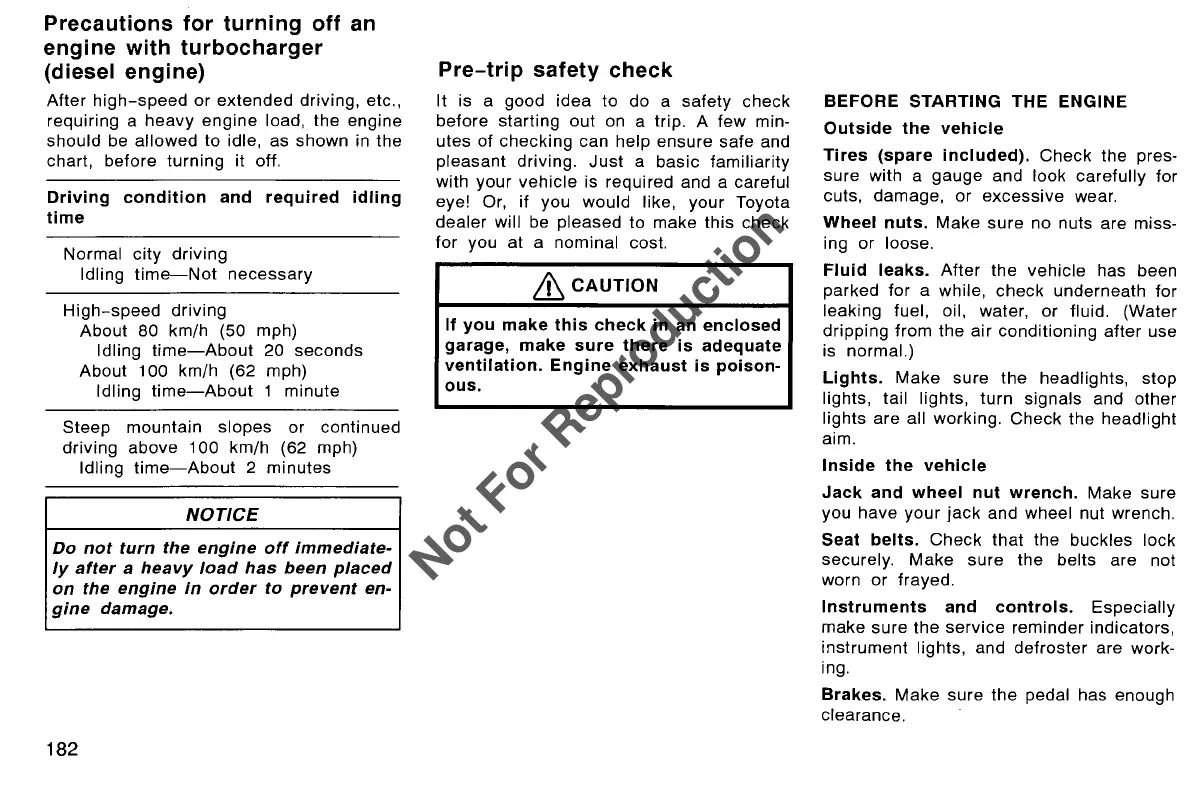